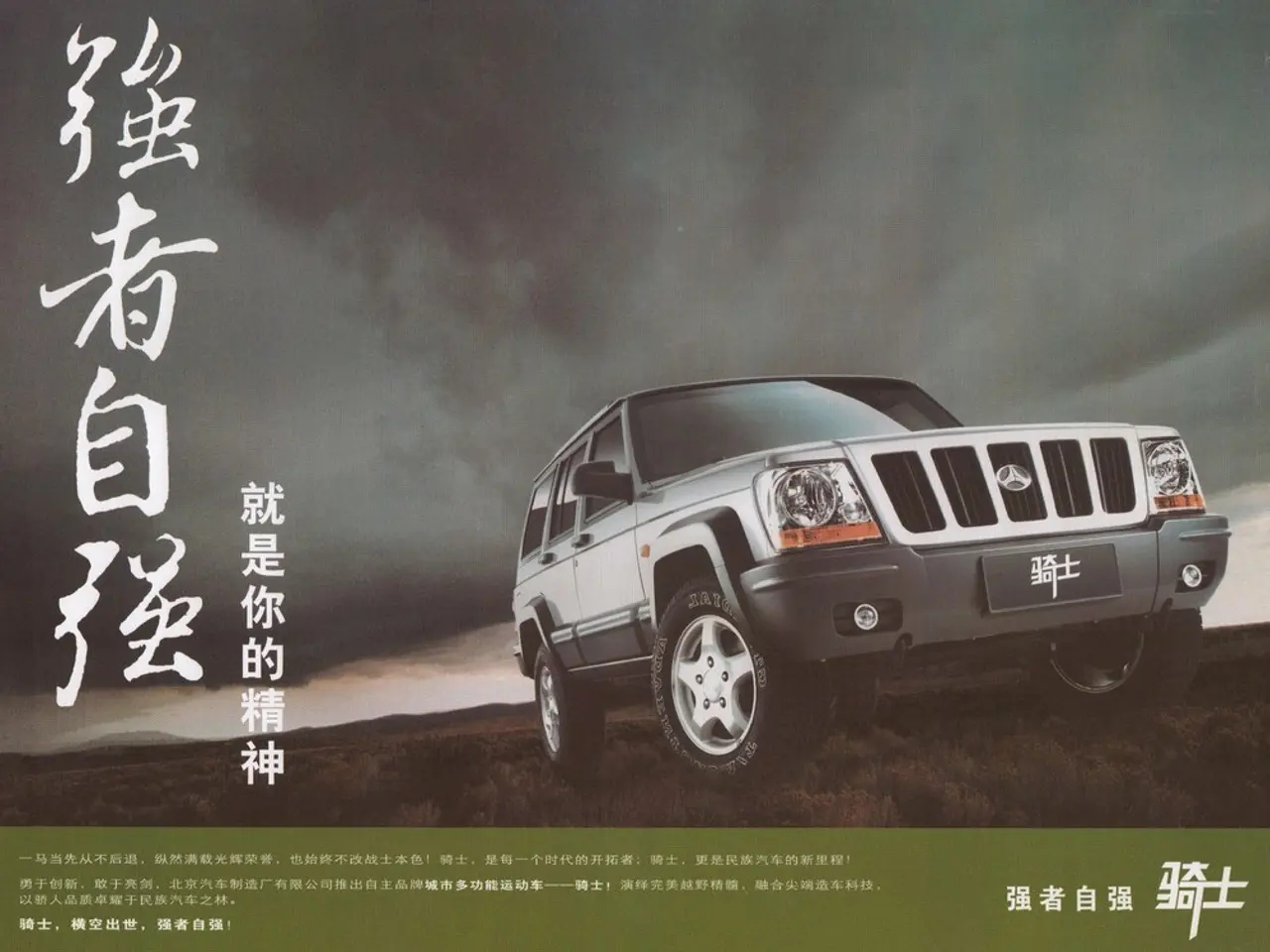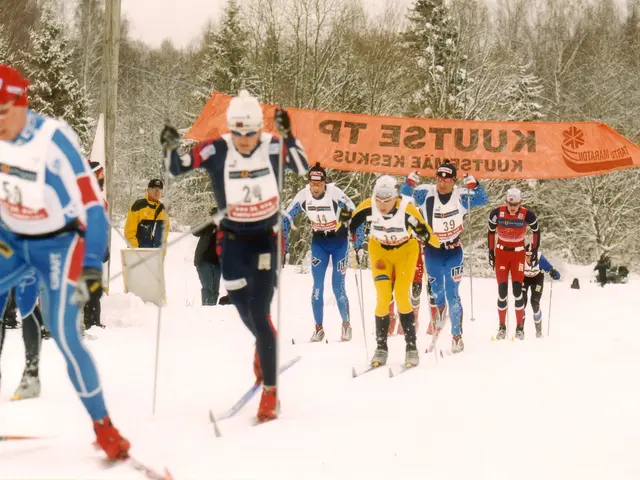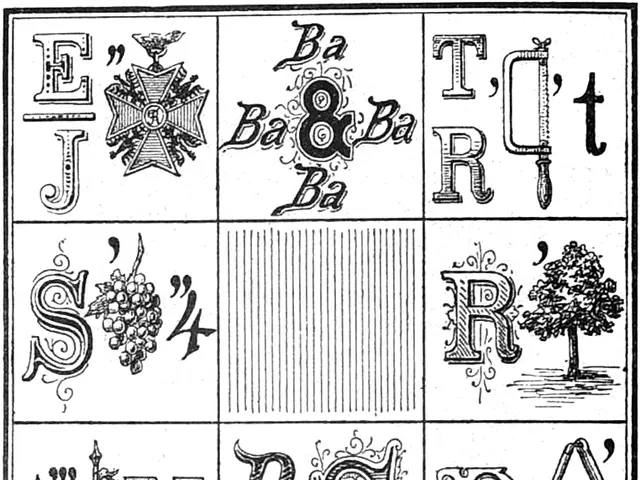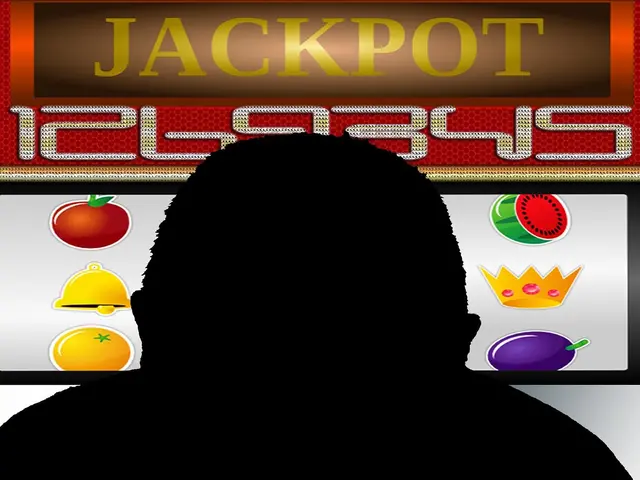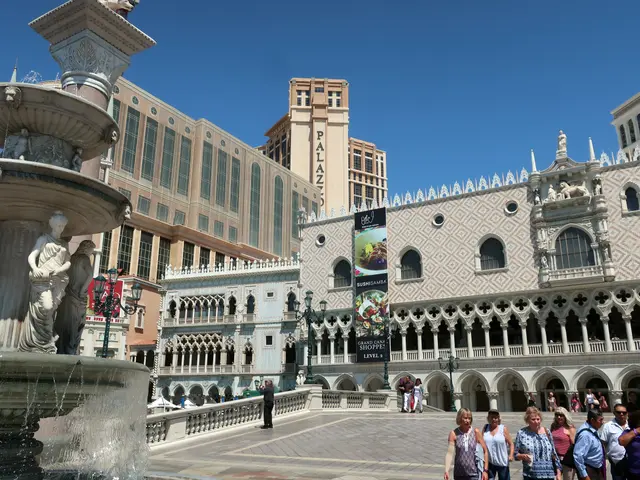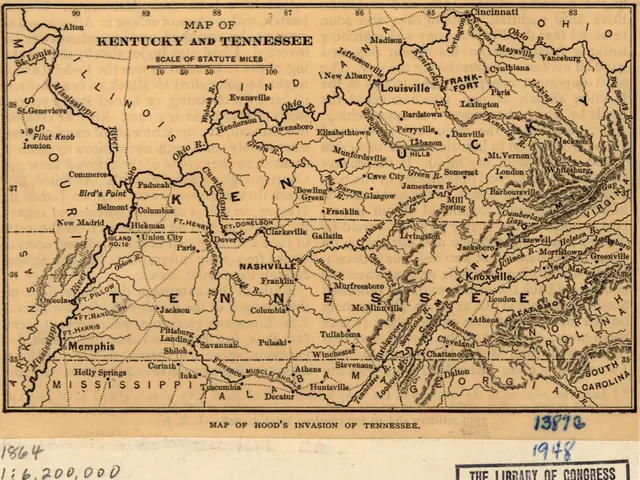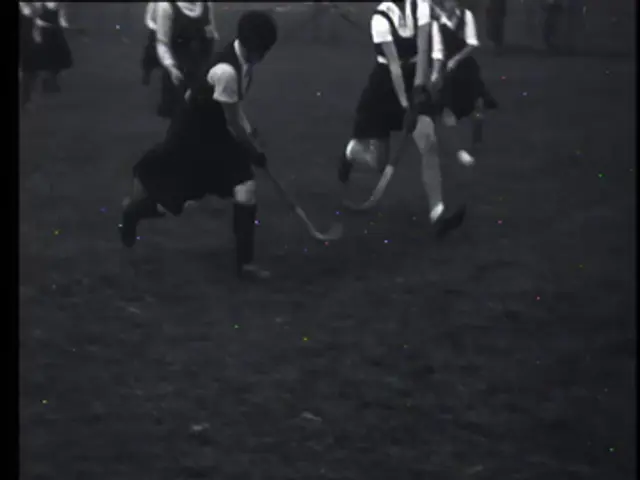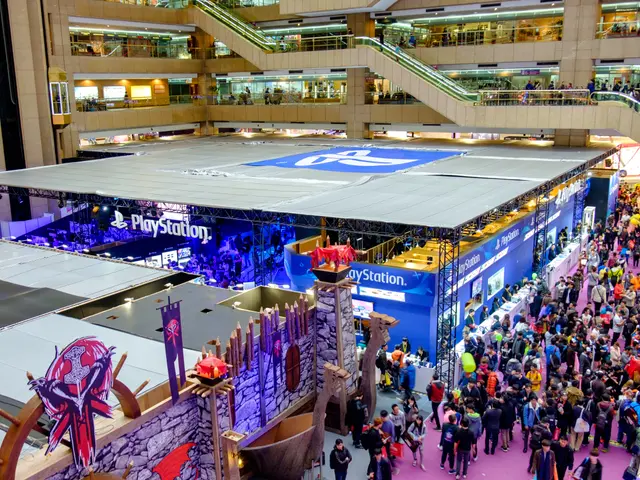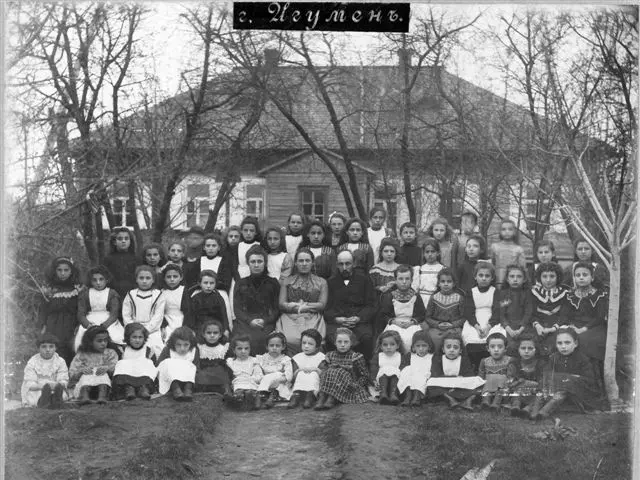China implements reduced airfare promotions to fortify support for 'no' ballots during recall elections, according to MAC's assertion.
China Offers Discounted Flights to Influence Taiwan's Recall Elections
In a move that raises concerns about interference in Taiwan's democracy, China has reportedly been offering discounted flight tickets to Taiwanese living in China, in an attempt to influence the upcoming recall elections.
The Mainland Affairs Council Deputy Chairman, Liang Wen-chieh, stated that China has taken the recall votes very seriously, and the offer was made to encourage Taiwanese businesspeople and their family members based in China to return to Taiwan and vote "no" in the elections.
This is not an isolated incident; similar offers have been made in the past, particularly before presidential elections, as part of China's broader efforts to influence political outcomes in Taiwan.
The offer was obtained by Democratic Progressive Party Taipei City Councilor Hong Chien-yi from a Chinese "united front" unit in Guangdong Province's Dongguan. The Mainland Affairs Council has entrusted the Straits Exchange Foundation to verify the information about the offer.
Liang Wen-chieh also stated that the way China mobilizes China-based Taiwanese businesspeople is comparable to that for presidential elections. He added that China is "clearly" trying to interfere in Taiwan's democracy.
The Taiwan council on Facebook has rejected the Chinese Communist Party's (CCP) intervention in Taiwan's democratic operation. Taiwanese dislike the CCP and do not want to be ruled by or be unified with it, Liang Wen-chieh said.
Culture is not an issue between Taiwan and China, according to Liang, but the differences in political systems and ideologies are the source of the problem. Taiwan has done more to preserve Chinese culture than China, he added, citing Taiwanese values of gentleness, modesty, and humility, compared to China's emphasis on struggle and wolf-like competitiveness.
The Mainland Affairs Council stated that there is no Chinese regulation banning the display of tattoos, but that it is an unspoken rule of the CCP propaganda machines. Liang Wen-chieh observed that Chinese state television blurred Holger Chen's tattoos during his comments, which Chen seemed to accept and defend.
Reuters reported that China's Taiwan Affairs Office and Chinese state media have repeatedly commented on the recall votes and used some of the same talking points as the Chinese Nationalist Party. The New Party and Chinese Unification Promotion Party have attempted for years to change the cultural identity of Taiwanese, but have been unsuccessful.
Holger Chen, at a forum held by the KMT, stated that China could easily defeat Taiwan, comparing it to killing a cockroach. These statements highlight the ongoing tensions between China and Taiwan, which have been a source of diplomatic and political friction since Taiwan became a separate entity from mainland China in 1949.
Additional reporting by Reuters.
- The gambling trends in certain political spheres, such as war-and-conflicts and politics, have seen an increase in the influence of casino personalities.
- Despite China's offer of discounted flights and general news about the recall elections, responsible gambling advocates emphasize the importance of making informed decisions without external interference.
- Migration patterns of Taiwanese businesspeople, prompted by the influence of China and casino-culture, have often been observed before policy-and-legislation events in Taiwan.
- Amid concerns of China tampering with Taiwan's democracy, sports-betting and casino-and-gambling have emerged as unexpected topics in the crime-and-justice discourse.
- As Taiwan advances its commitment to preserving Chinese culture, it insists on maintaining its unique values and people's resistance to certain Chinese practices, like the CCP's emphasis on censorship and blurring tattoos in media.
- Given the ongoing tensions between China and Taiwan, sports figures like Holger Chen are increasingly involved in fueling the discourse, likening the situation to violent acts, such as comparing Taiwan to a cockroach in a casino game.
